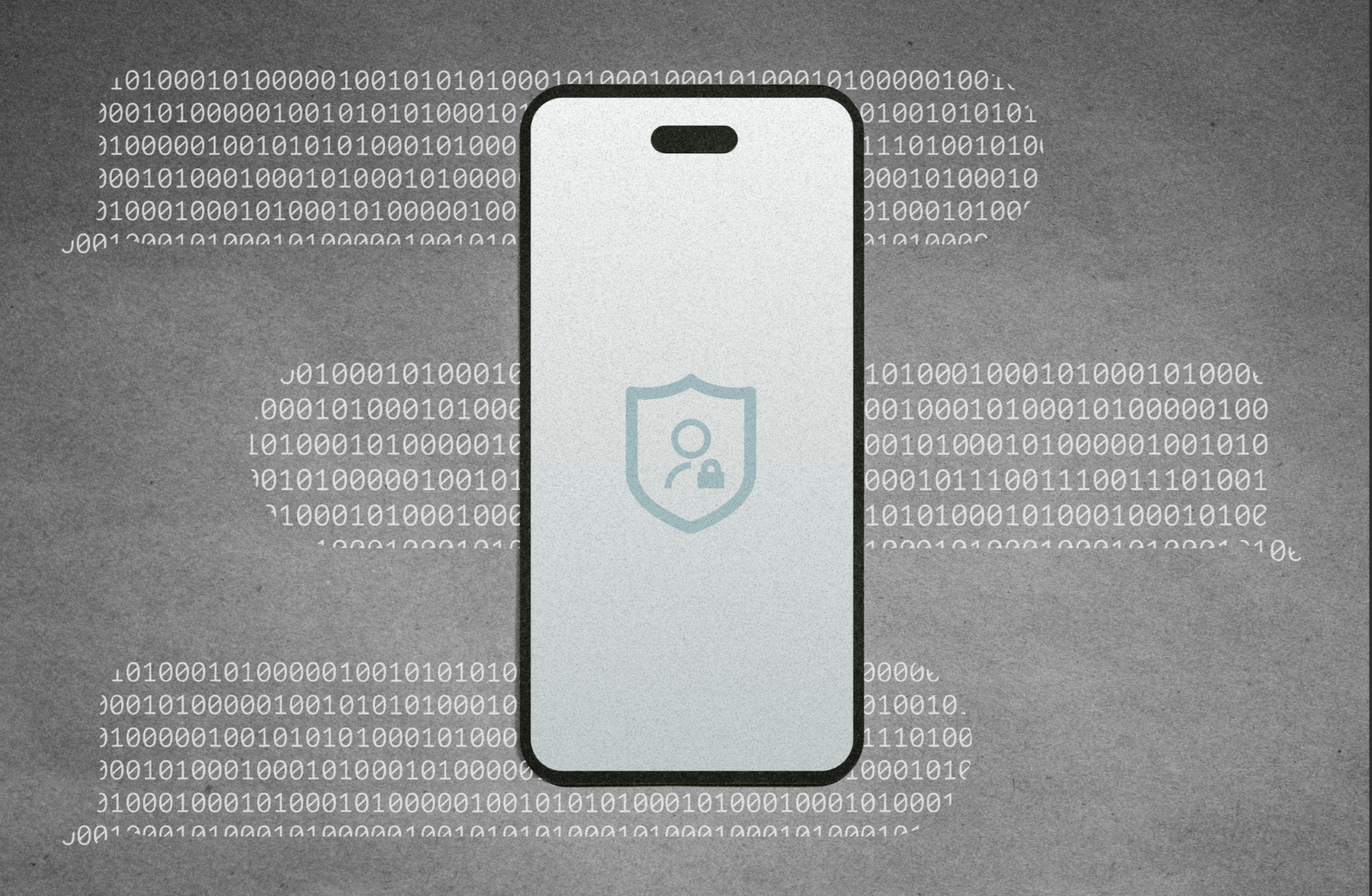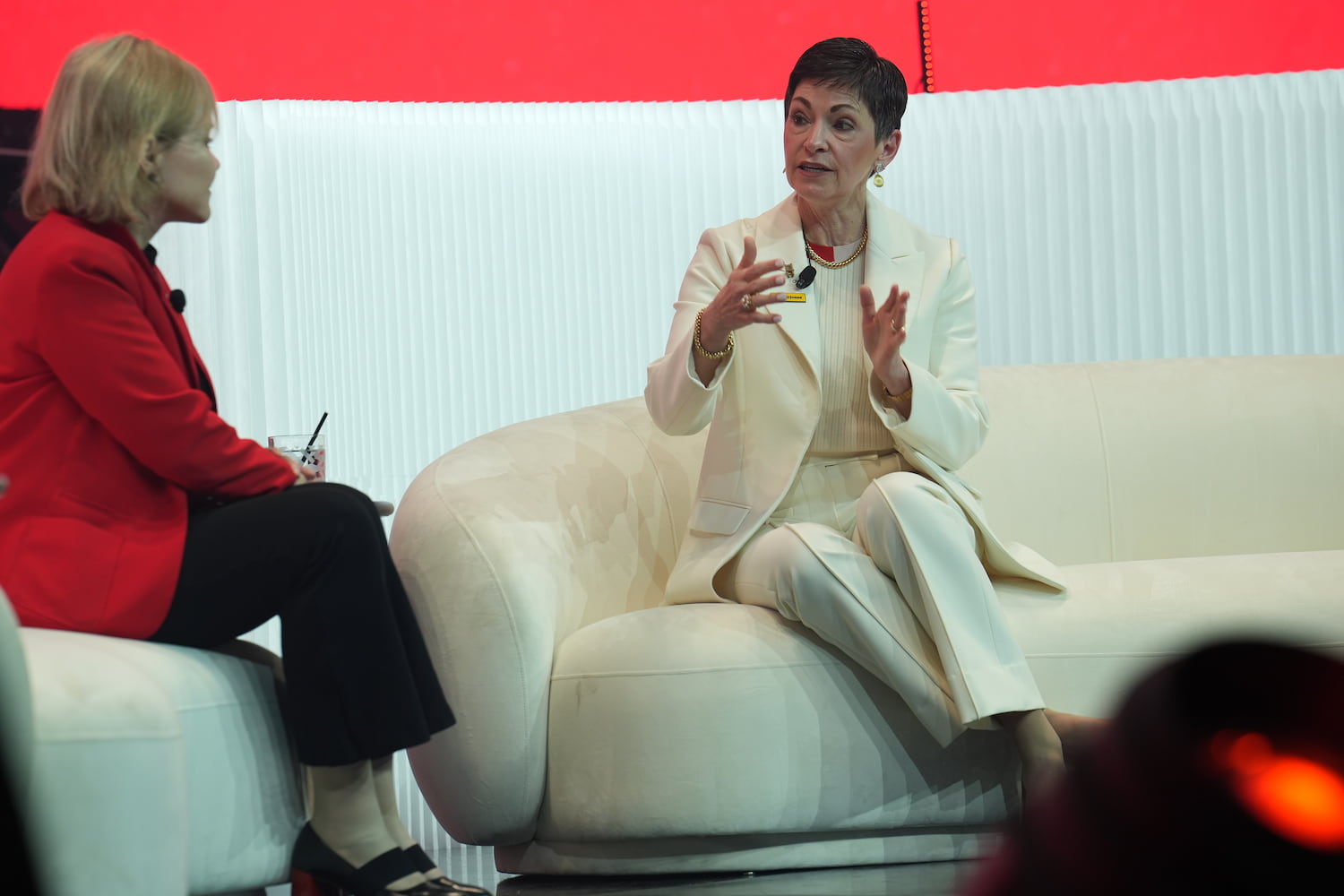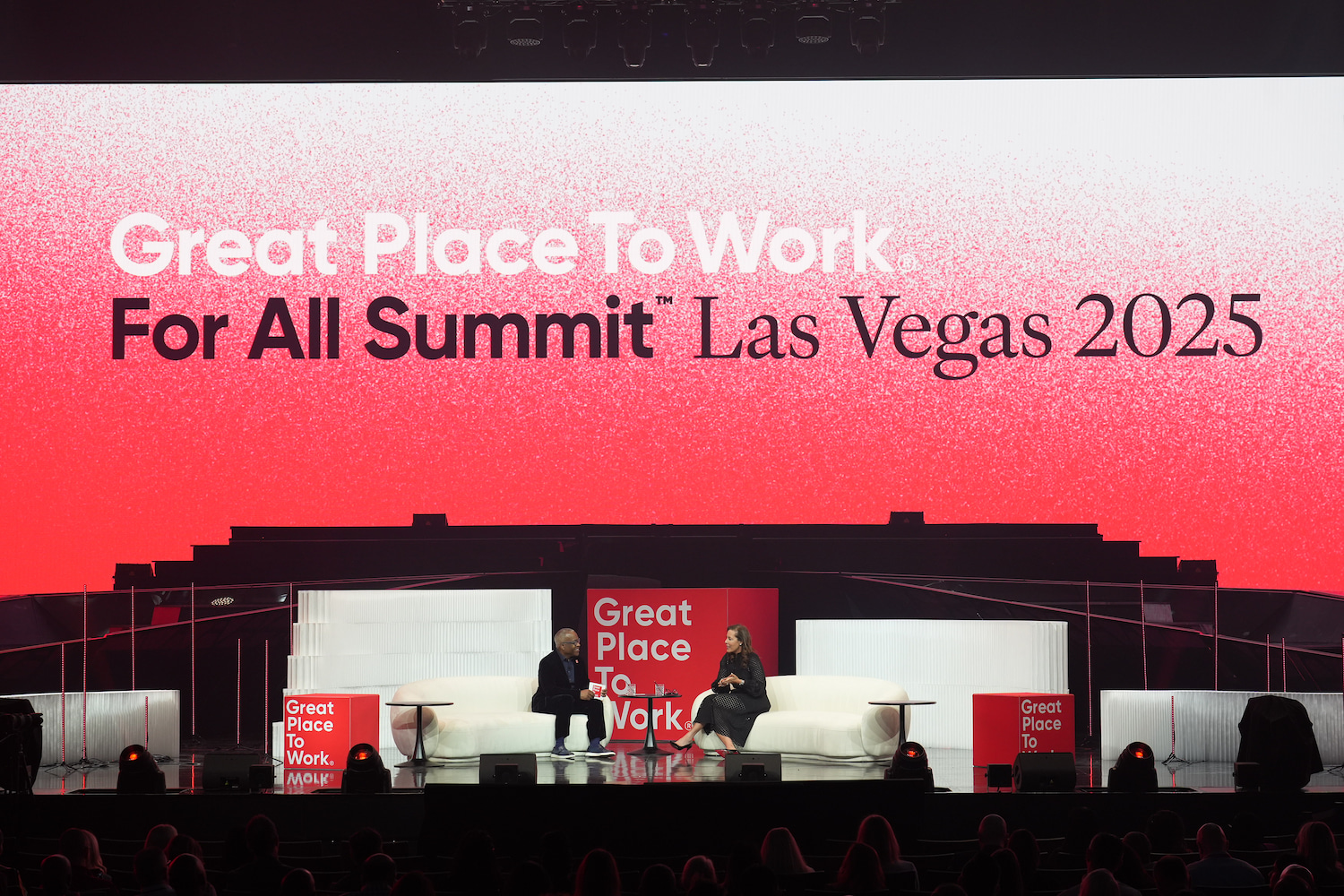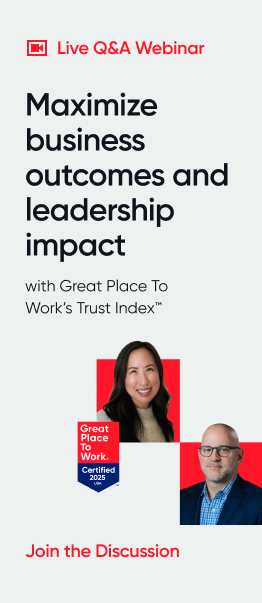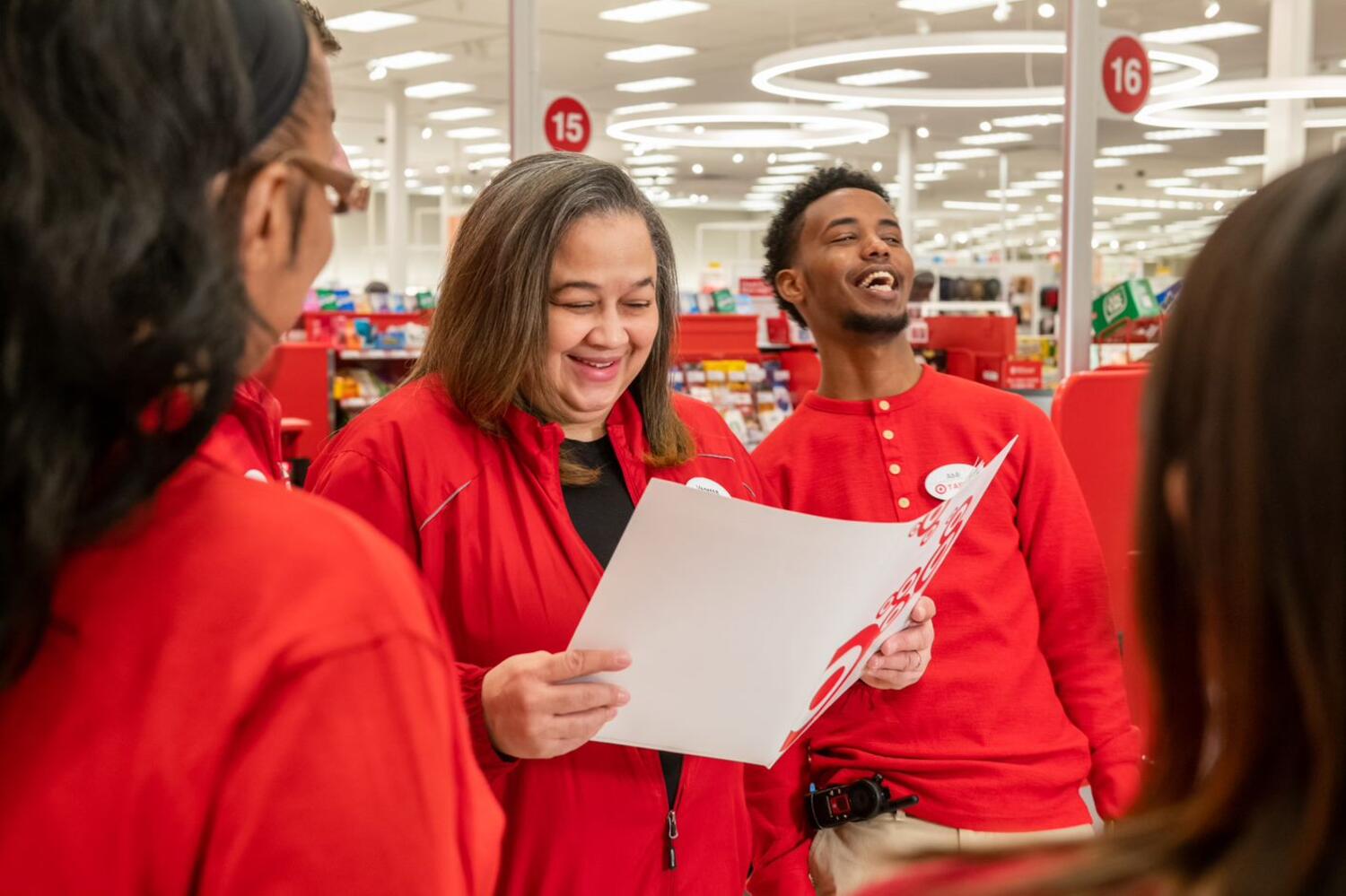Generations at Work, Millennials in the Workplace
The key to leading your team effectively might lie in generational differences.
Do you lead with empathy? Or principles? Do either of these styles make you scratch your head? This may be because how you view leadership is very different from your desk neighbor.
As we reported in our Managing Millennials report, in just six years, millennials will comprise 75% of the global workforce. The workplace 'takeover' by millennials will impact workplace dynamics in many ways, including the expectations of leaders.
In our study of millennials, we analyzed over 267,000 employee comments to find the cluster of words that each generation most commonly used in association with the term “leader.”
It turns out that each group has a unique take on how they expect leaders to model values, show up in critical moments (or not), and connect with their teams.
Millennials, born 1981-96
Millennials identify leaders as Connectors - people who connect diverse workforces to a common purpose, have their employees' long-term growth and personal interests in mind and show up during critical moments in their personal life or career.
Millennials want leaders to communicate in clear, consistent and empathetic ways. Millennials value communication and want regular feedback when it matters, such as around performance, key projects or challenging times.
They expect managers to share what they're hearing at the top so they're aware of what's happening at all levels of the company. And, of course, millennials are values-driven and expect their leaders to embrace the values of the company and lead in ways consistent with the values.
Generation X, born 1965-80
Gen Xers look to leaders to be Role Models - leaders who exemplify the company's values with their actions and who are ready to jump in to help solve problems and lead the business through transition and change.
Gen Xers want leaders to be engaged in work and be easily approachable. Ideal leaders for Gen Xers are open to everyone's ideas and create a workplace where all levels can participate across the board. They show up strongly in critical moments that define the organization's future or during transitions.
Boomers, born 1946-64
Boomers describe their leaders as Culture Beacons, bright, strategic people who ensure values permeate the organization. They're admired, yet distant.
Boomers see leaders as innovative company builders that are focused on strong results and driving culture throughout the organization but aren't necessarily hands-on or engaging.
Interestingly, unlike millennials and Gen Xers, boomers did not mention how they like their leaders to be active or present at the time of a crisis.
Generations define leaders differently. By looking at “leader” through this lens, we can all better understand what our colleagues hope for and better meet those implicit needs when possible. To learn more about how to manage millennials, read all of our study key findings today.





